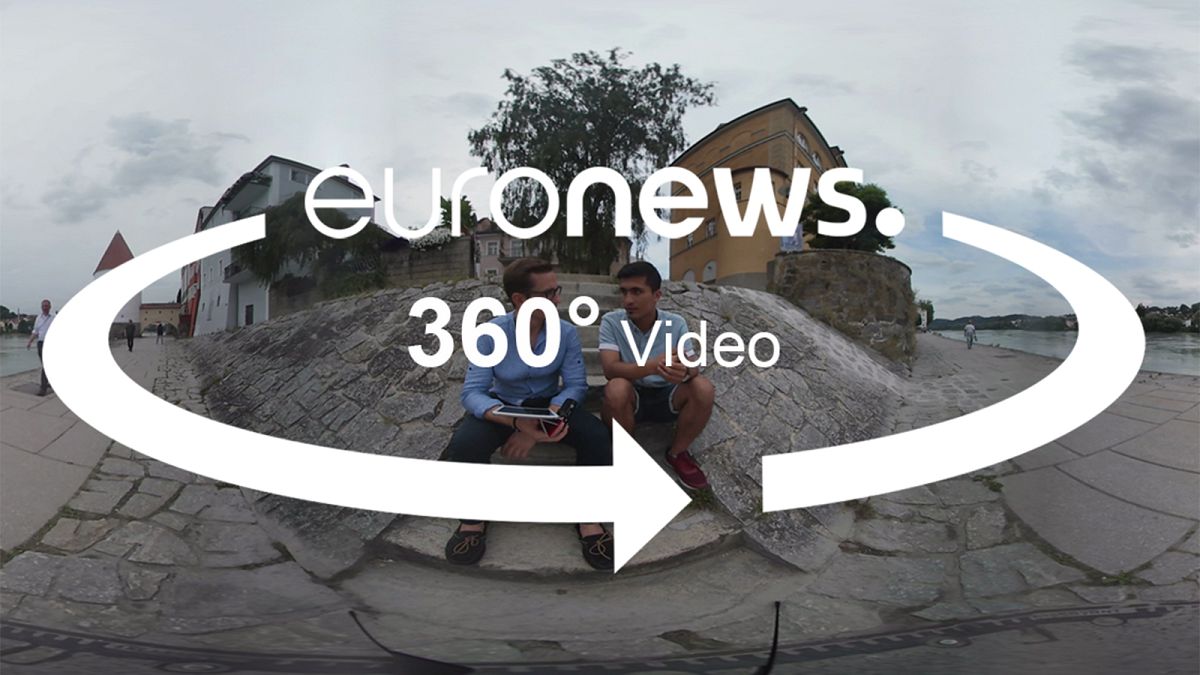In the first of nine profiles in the run up to Germany's election in September, we talked with an Afghan migrant.
In the first of nine profiles in the run up to Germany’s election in September, we talked to an Afghan migrant who’s settled in Passau, a Bavarian town bordering Austria, four years ago.
Masih Rahimi is now 21 years old and has found work as an IT apprentice at a local company concerned with intercultural relations.
He can’t yet vote because he’s only got temporary residence status – and if he doesn’t find work after he finishes his apprenticeship in 2018, he may be deported back to Afghanistan.
Unlike his brother and sister, Masih wasn’t recognised a refugee when he arrived in 2013, but he remains optimistic.
“If my company won’t give me a steady job after my apprenticeship, I will look for another company which does. I always see the glass as half full.”
Masih adds that he’s blessed to live in Passau.
“When I first came here, I thought it’s going to be difficult, because in Afghanistan I lived in a big modern city. Now I think that Passau is a beautiful city where you have a lot of possibilities, that is really good.”
г. Пассау реки Ильц, Донау и Инн.
(Passau, Ilz, Donau и Inn) pic.twitter.com/1LtRBDvqVo— Германия и немцы (@DDeutschland) July 23, 2017
“A lot of nice things have happened to me. People are nice. They’re helping us, if somebody doesn’t speak German for example, to get German classes. If somebody needs to go to the doctor, they go with us to explain.
Passau was one of the main entrance gates into Germany for migrants using the Western Balkan route and in the summer of 2015 thousands passed through it.
But in 2015 Masih had already been living there for two years, so he decide to volunteer to help receive the new migrants.
Asked about the fixed number immigration policy of the CSU, the sister party to Chancellor Angela Merkel’s CDU party, Rahimi said he could agree with both sides of the migrant debate:
“They may say, that there are too many migrants in Germany and that the country doesn’t need any more. On the one hand, I have to admit that this is right.
But on the other hand, it’s not possible to say that migrants don’t have the right to enter the country anymore, because their lives are in danger in their home countries.”
